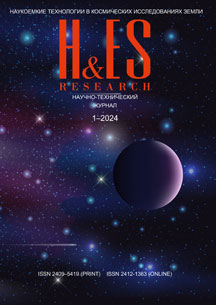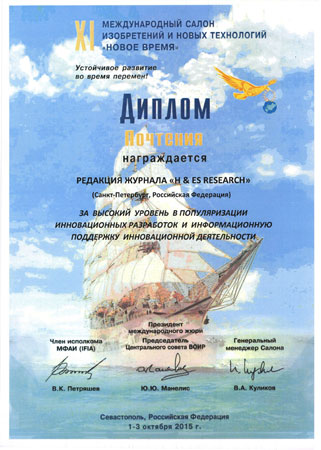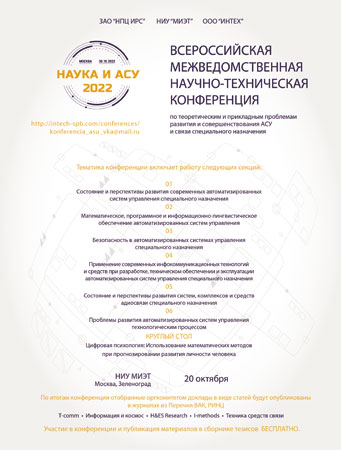We propose an approach to calculating risk assessments in two situations: when developing and modernizing technical system samples, and when working out alternative promising technical system samples based on existing, often used, operating principles and operating principles that are fundamentally different from existing principles.
The purpose of the article is to improve the quality of research processes and substantiate the development of technical systems based on existing principles of action and on principles of action that are fundamentally different from existing principles, achieved by performing calculations to assess the risk level of the considered variants of the technical system in fuzzy terms that meet the information conditions of the early stages of development. The mathematical models of risk assessment create a sample of technical systems based on existing principles and the principles of action fundamentally different from the existing principles. In the first case, the factors that hinder the acceptance of the sample into operation and their characteristics are formed. Factors due to their uncertainty are evaluated using fuzzy terms (linguistic variables), and risk assessment is based on them. A distinctive feature of the model is the specification of risk factors and their characteristics in accordance with the features of the development of technical systems, specifying the order of evaluation by stages in the form of an algorithm. When forming a risk assessment of a sample of a technical system, in the second case, a distinctive feature is highlighted – the actual absence of characteristics of risk factors and a significant degree of uncertainty in determining the factors themselves. This predetermined the use of interval and trapezoidal fuzzy numbers, on the basis of which the procedure for obtaining the probability of an unfavorable outcome for creating the considered version of the appearance of a sample of a technical system on the principles of action radically different from the existing principles is proposed. The results of numerical calculations of the risk level on specific examples with the corresponding comparative interpretation of the calculation data are presented. The main result is an assessment of the risk of creating technical systems based on existing operating principles and operating principles that are fundamentally different from existing principles that meet the information conditions of the early stages of creating, developing and upgrading systems.



















